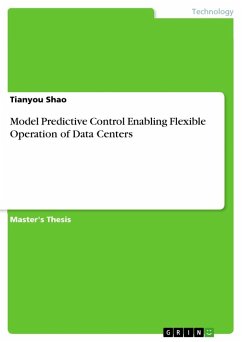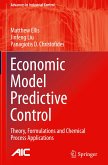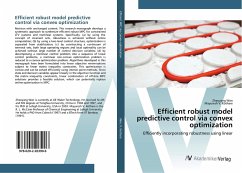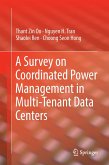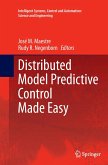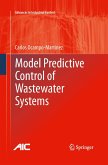Master's Thesis from the year 2017 in the subject Engineering - Power Engineering, grade: 2.0, RWTH Aachen University (Institute for Automation of Complex Power Systems), language: English, abstract: To rise to the challenge of the growing number of distributed Renewable Energy Sources (RES) for grid integration, Ancillary Service (AS) is increasingly crucial to maintaining the stability of power grid worldwide. In recent years, discussions about Data Centers (DCs) no longer limit to their energy efficiency. Considering the rising rigid demand from ICT customer and the high energy demand of DC, it is possible for DC to be one of Demand Response (DR) resources providing ASs in the smart grid.This thesis presents an online energy-aware scheduling algorithm based on Model Predictive Control (MPC), which realizes a proper adjustment of DC power demand, enabling the flexible operation of DC. The present work focuses on the identificationand implementation of an MPC strategy which aims at a proper scheduling for DC which makes the total power consumption of DC flexible to track the reference signal in a DR context. It is demonstrated how the combination and interaction of the components under DC architecture can be utilized to achieve the realizable potential of operational flexibility for AS. Numerical simulation results have been carried out aimed at the later application in real pilot DCs. Furthermore, the capacity of resisting disturbance of this MPC approach has been discussed.
Hinweis: Dieser Artikel kann nur an eine deutsche Lieferadresse ausgeliefert werden.
Hinweis: Dieser Artikel kann nur an eine deutsche Lieferadresse ausgeliefert werden.

